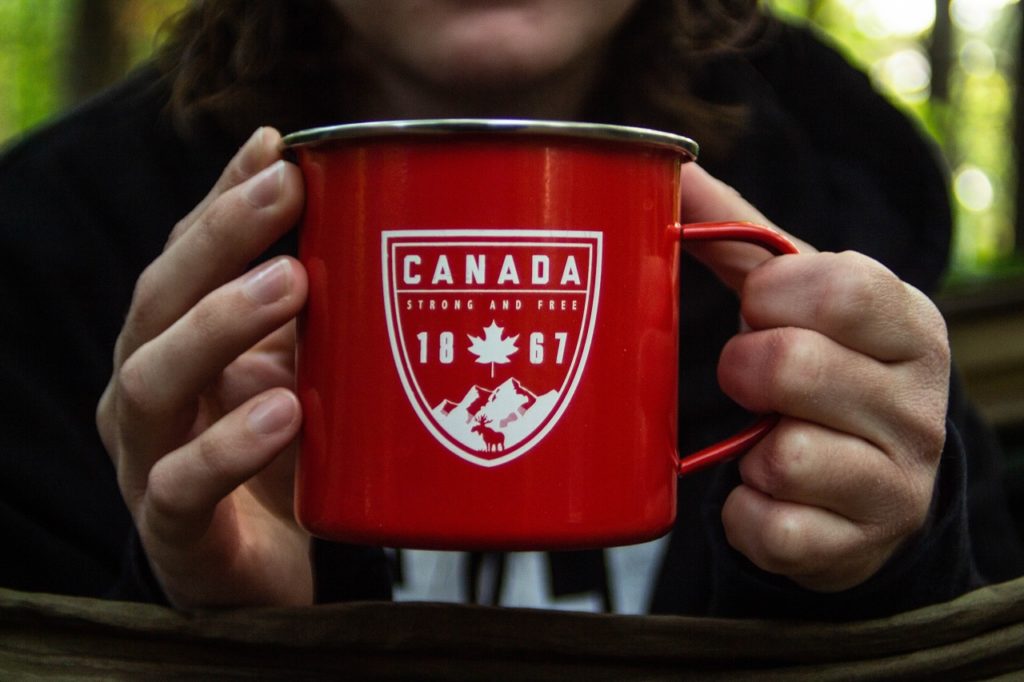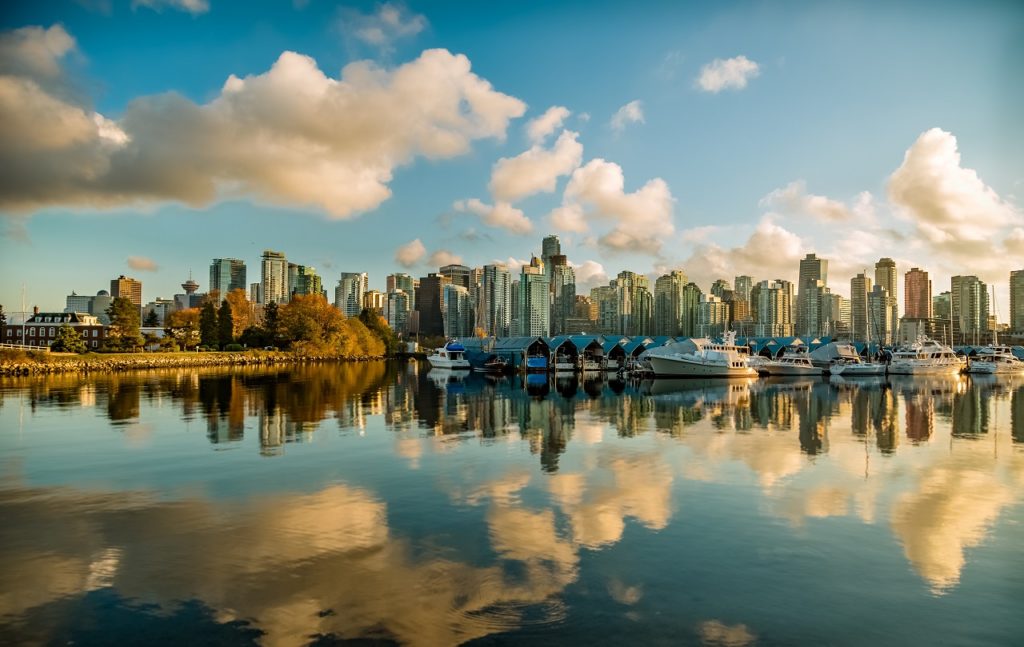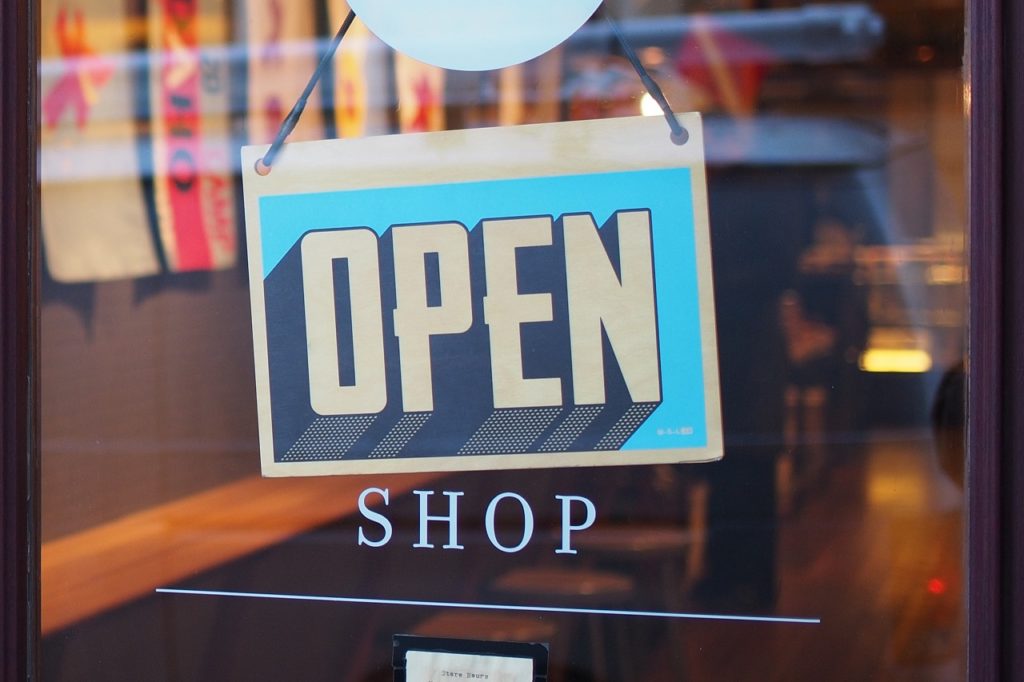Canada was the first industrial country to completely legalize cannabis a year ago on Oct. 18, 2018. The activists in the cannabis stronghold of Vancouver are nevertheless frustrated as legalization is proving to be tough, especially in British Columbia. A company owner has to wait up to six weeks in order to get a license for cannabis sales which costs $ 25,950 (CA$ 34,500) annually.
Current challenges with cannabis legalization in Canada


Canada might be one of the first countries to legalize recreational cannabis, but legalization in Canada has had its challenges.
To keep on top of cannabis news in Canada, the U.S. and beyond use the Hemp.im app. This app delivers your daily dose of cannabis news in bite-sized chunks so you can get on with your day.
Challenges of legalization in Canada
“Sky Pilot,” “Blue Dream” and “Summer-Jam” are written on the transparent plastic boxes that Lexi and her boyfriend are examining. The contents look like dried tea. Through small holes in the lid, Lexi smells what they would smoke later.
“I don’t want anything that makes me particularly high,” explains the young woman with the nose ring as she rumbles through the dozens of containers on the table.
She smokes mainly because she has a bent spine or scoliosis. A joint in the evening helps against the pain.
A young man with long hair is looking for exactly the opposite, “I want something that makes me really high,” he says to the salesman.
In the morning, Japanese tourists stocked up on cannabis before they had even brought their suitcases to the hotel. Evergreen Cannabis is located on the main street in Kitsilano, a suburb of Vancouver where second-hand shops line up with vegan restaurants.
When Evergreen Cannabis opened its doors on Jan. 5, 2019, it was the first legal cannabis store in the Vancouver metropolitan area and the third in British Columbia province.
“Customers queued up around the next block,” says Mike Babins, who owns the store with his wife Maria.
Canada has written history


In October 2018, Justin Trudeau’s Liberal government kept an election promise: Canada was the first industrial country in the world to legalize cannabis.
Trudeau explained that this was the only way to combat the black market and to keep young people away from the drug. Canada had already legalized cannabis for medical purposes in 2001, making it the first country in the world to do so. Now citizens of the country are also allowed to smoke for pure enjoyment.
Since then, the world has looked to Canada as an example of what legalization could look like. Several countries, including Switzerland and Germany, are discussing legalization. Additionally, more and more countries are allowing the drug for medical purposes.
Other nations, such as Singapore, still puts cannabis in the same category as heroin and possession is punishable by death. Only Uruguay has legalized cannabis as comprehensively as Canada, in 2013.
Citizens see hardly any legal shops after legalization in Canada
But legalization is proving to be tough, especially in British Columbia. Although Ottawa legalized cannabis on Oct. 17, 2018, and Mike Babins applied for a license the same day, he was unable to open his store doors until ten weeks later.


“It was a big trial,” Babins says.
He had to submit his tax returns for the past twenty years; all employees had to pass a security check and be certified as cannabis sellers for $75 (CA$100). Babins also pays $25,950 (CA$34,500) annually for the sales license.
Licensing is so expensive and the burdens so high that for months there were only a handful of legal cannabis shops in British Columbia, many of them province-run. The province in the west is regarded as one of the cannabis strongholds worldwide.
Allegedly, particularly good hemp plants grow on the coast, and the provincial government left the smoking citizens in peace long before legalization. It did not even take action against the illegal cannabis shops.
__
(Featured image by Nathaniel Bowman via Unsplash)
DISCLAIMER: This article was written by a third party contributor and does not reflect the opinion of Hemp.im, its management, staff or its associates. Please review our disclaimer for more information.
This article may include forward-looking statements. These forward-looking statements generally are identified by the words “believe,” “project,” “estimate,” “become,” “plan,” “will,” and similar expressions. These forward-looking statements involve known and unknown risks as well as uncertainties, including those discussed in the following cautionary statements and elsewhere in this article and on this site. Although the Company may believe that its expectations are based on reasonable assumptions, the actual results that the Company may achieve may differ materially from any forward-looking statements, which reflect the opinions of the management of the Company only as of the date hereof. Additionally, please make sure to read these important disclosures.
First published in Neue Burcher Zeitung, a third-party contributor translated and adapted the article from the original. In case of discrepancy, the original will prevail.
Although we made reasonable efforts to provide accurate translations, some parts may be incorrect. Hemp.im assumes no responsibility for errors, omissions or ambiguities in the translations provided on this website. Any person or entity relying on translated content does so at their own risk. Hemp.im is not responsible for losses caused by such reliance on the accuracy or reliability of translated information. If you wish to report an error or inaccuracy in the translation, we encourage you to contact us.



Comments are closed for this post.